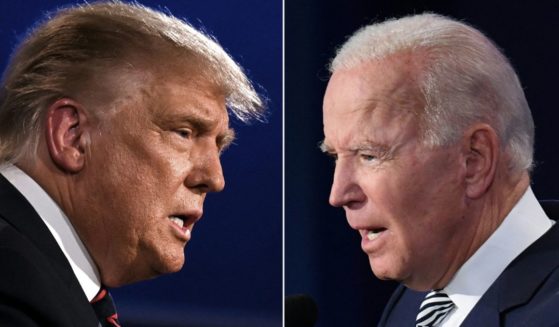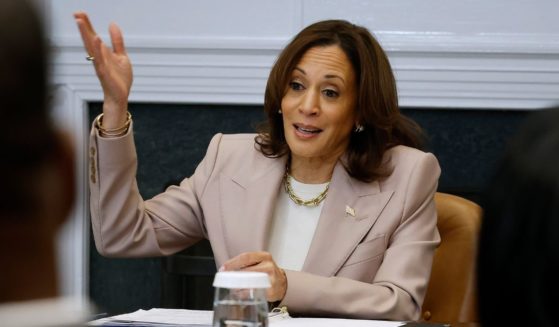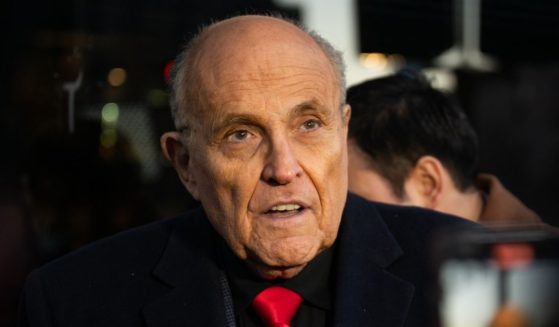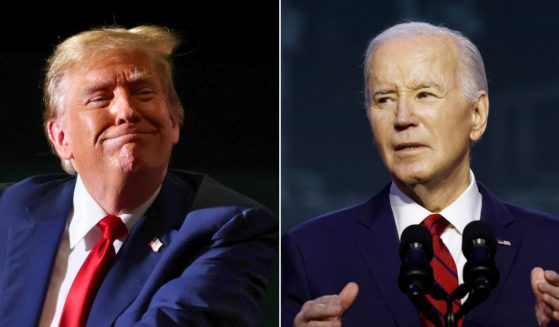Austrian chancellor set to face confidence vote next week
BERLIN (AP) — Austrian Chancellor Sebastian Kurz is set to face a no-confidence vote in parliament next week after his governing coalition collapsed over a corruption scandal that Austria’s president warned risks harming the country’s image abroad.
Speaker Wolfgang Sobotka, a member of Kurz’s conservative People’s Party, set a special session of the legislature for Monday. Opposition parties wanted it held this week, but Sobotka said he wants to “give space to the EU election campaign,” the Austria Press Agency reported Tuesday. Austria elects European Parliament lawmakers Sunday.
The opposition Now party has drawn up a no-confidence motion seeking to oust Kurz before an early national election expected in September.
Kurz called for that election after far-right Freedom Party leader Heinz-Christian Strache, who was his vice chancellor, resigned Saturday. Strache was shown on video appearing to offer favors to a purported Russian investor during a meeting two years ago on the Spanish island of Ibiza.
Kurz’s party holds only 61 of the 183 seats in parliament. It isn’t yet clear whether the second- and third-biggest parties, the center-left Social Democrats and the Freedom Party, will vote to remove him — depriving the 32-year-old of the advantage of going into the national election as the incumbent.
That would leave President Alexander Van der Bellen to name an interim chancellor.
While Kurz remains in office Van der Bellen has asked him to propose interim ministers to replace the Freedom Party politicians who have left the government — including the interior, defense and labor ministers.
The president said Foreign Minister Karin Kneissl, who was nominated by the Freedom Party but isn’t a party member, has agreed to stay on.
Van der Bellen, a liberal whose position puts him above the cut-and-thrust of politics, said the interim ministers will have to be “impeccable experts.”
“Let us not forget that there has been a massive betrayal of trust as a result of this disturbing image of immorality from Ibiza,” he said after meeting Kurz.
Later, in a public television address, Van der Bellen appealed to voters not to turn away from politics in disgust at the “disturbing images” they had seen in the video.
“The damage these pictures will cause can’t yet be judged,” he said, adding that he wanted to apologize to voters for the impression they might have of politicians after seeing Strache apparently willing to trade favors for support.
But he added: “We aren’t like that. Austria isn’t like that.”
Van der Bellen warned that the bad impression left by the video might deter investors and tourists from coming to Austria, at a cost of tens of thousands of jobs.
Addressing Austria’s political parties, he said: “Please don’t think what advantage you can get for your party in the short term now. Think about what you can do for Austria.”
Strache has said he was set up through illegal surveillance, but conceded his behavior was “stupid, irresponsible and a mistake.”
On Tuesday, he sounded a combative note.
“We will find the people behind the criminally produced video and the dirty campaigning and I will prove my innocence!” Strache wrote in a Facebook post.
___
Frank Jordans contributed to this report.
The Western Journal has not reviewed this Associated Press story prior to publication. Therefore, it may contain editorial bias or may in some other way not meet our normal editorial standards. It is provided to our readers as a service from The Western Journal.
Truth and Accuracy
We are committed to truth and accuracy in all of our journalism. Read our editorial standards.












